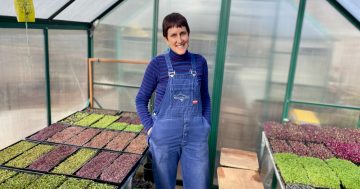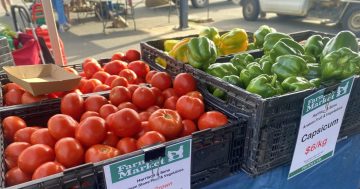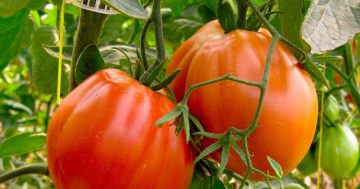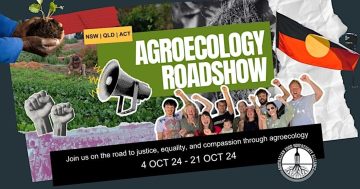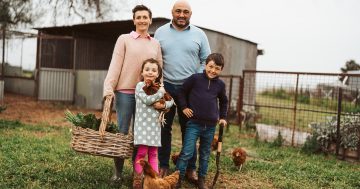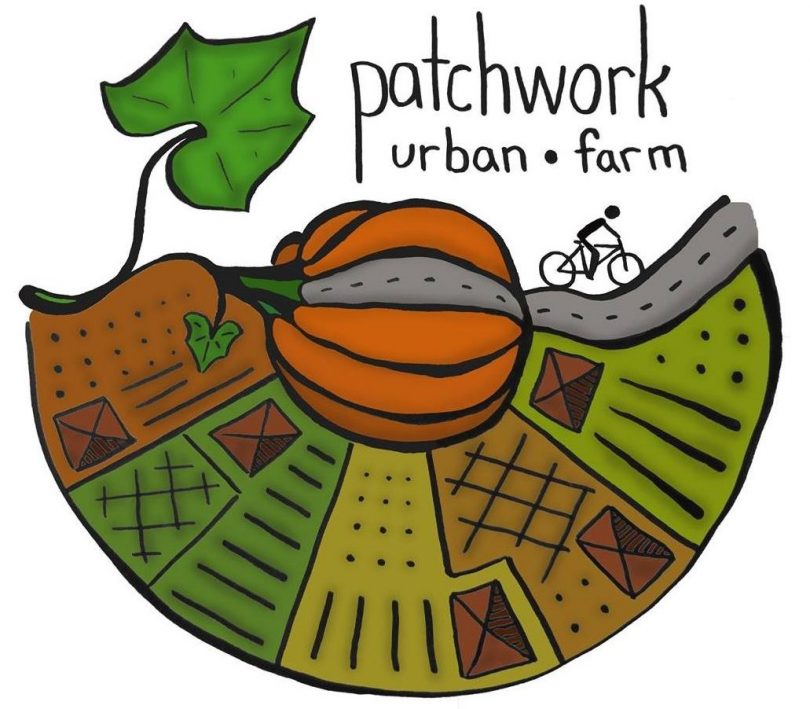
Patchwork Urban Farm grows vegetables in Canberra backyards. Photo: Supplied.
If I asked you to imagine a farm, you’d probably think of endless paddocks with a weathered man wearing an Akubra leaning against a fencepost.
But Patchwork Urban Farm is a farming co-operative which is challenging assumptions about what farms can look like.
Founder Karina Vennonen and four other team members have converted five Canberra backyards into productive tiny urban farms. This project came about through a desire to create positive change at a community level.
“The five of us who are the core team members are driven by motivations to address climate change and social inequity,” Karina said.
“We all enjoy growing food, so we combined these things to create a model that we think can work fairly well. We wanted to be able to grow food in our own neighbourhood.”
READ ALSO: Notes from the Kitchen Garden: what to plant now for a burgeoning summer crop
They put out a call on social media to ask people to donate their backyards, and listed their requirements – a fairly large flat area, access to water, a northerly aspect and located around central Canberra. Karina said they had many more offers than they could use.
“Many were not big enough or sunny enough but it showed that people wanted to get involved which is really heartening.”

Karina and the team prepare the garden beds using a ‘no till’ method. Photo: Karina Vennonen.
In order to sell the produce, they formed a ‘Community Supported Agriculture’ (CSA) program, in which customers buy into a weekly subscription of vegetables for the year.
CSA programs are a way for small-scale producers to connect directly with their customers and by cutting out the middlemen — transport costs and supermarket giants — Patchwork farm can operate successfully on a small, local scale while also reducing wastage of unsold produce as they always know exactly what they need.
“What attracted me to CSA is that it seems like a model that is the most supportive in terms of the farmers being able to sell their produce for a fair price and knowing it will be sold,” Karina explained.
“And for the CSA members, it also seems like a model that really increases connection, trust and even friendship with the people who grow the food.”
Karina has noticed an increase of people wanting to find local alternatives for groceries, and credits this to a mix of factors.
She said growing awareness about the impacts of the food chain on climate change has seen many people searching for more environmentally friendly food options, and the impact of COVID-19 has also prompted people to look for local alternatives to big supermarkets.
Urban farms allow people to connect with growers and be informed about the impact of their food choices.
“We know that local food is really important in terms of reducing transport miles and bringing the community closer together for people to understand where their food comes from,” Karina said.
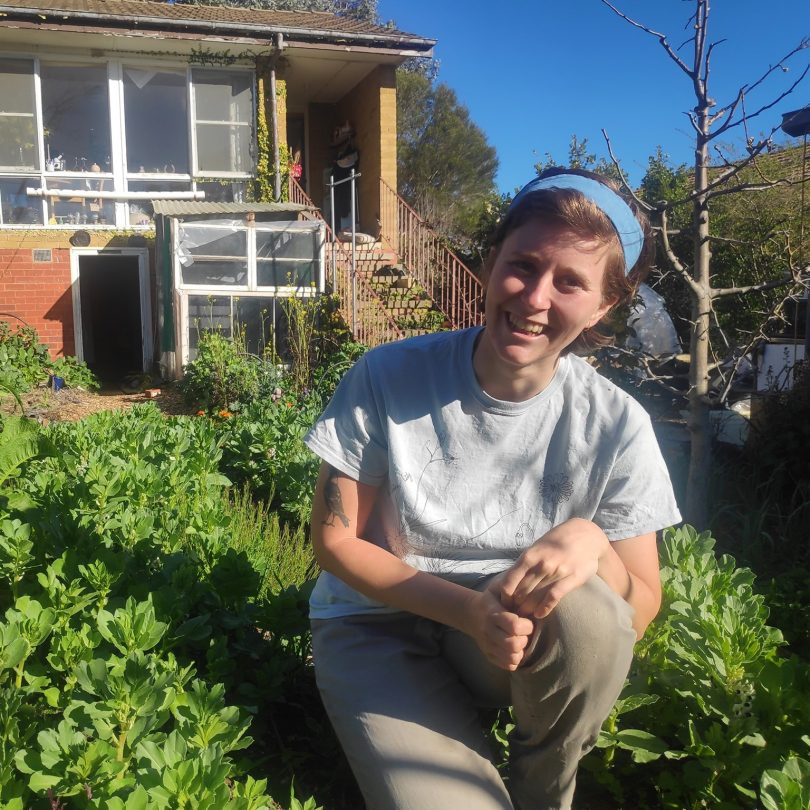
Karina started Patchwork Urban Farm out of a desire to grow food in her neighbourhood. Photo: Supplied.
Something else that sets Patchwork Urban Farm apart is their commitment to making sure that everyone — regardless of income status — is able to access locally grown produce. Karina acknowledges that sometimes organically grown local food may be more expensive, so Patchwork has set up a sliding scale payment system.
“We charge around five different prices to different people depending on the financial circumstances that they’re in. It basically works so that high-income earners can subsidise lower-income earners. That way, a lot more people can have access to fresh, local and tasty food when they might not otherwise.”
Subscriptions for Patchwork are currently full, but Karina encourages anyone who’s interested in buying locally to get to know the producers at the Canberra’s Farmers Markets, buy from a shop that stocks locally-grown produce or look for another farm offering SCA memberships.
Patchwork Urban Farm is planning to take steps towards growing the organisation with the support of landholders, volunteers and community generosity – something they seem to have in spades.
